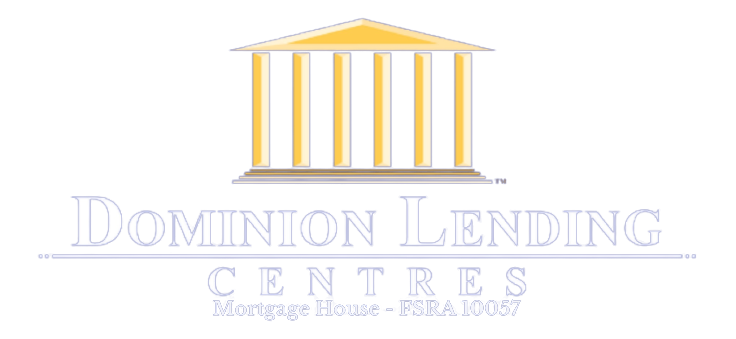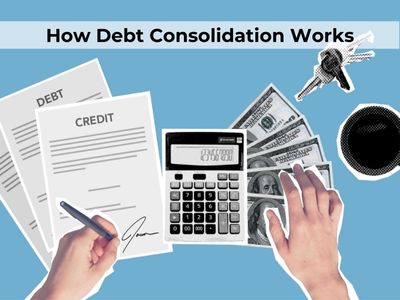Debts are one of the common problems most people face nowadays. It has become normalized that we get excited and overlook the consequences until later. Having credit is okay when you know how to manage your finances well. Debt consolidation Canada is one of the options available when you struggle to keep up with your debt.
What is Debt Consolidation?
The process of consolidating multiple debts into one is known as debt consolidation.
For instance, you have more than one credit card, a personal loan, and a student loan. Which have different due dates, and you have difficulty keeping up. Debt consolidation will help you pay them.
This new loan will help you pay all of these debts. This means you’ll be left with one payment every month.
Why do we consolidate debt?
Debt consolidation helps you save money. How? It’s because you can get much lower interest rates than what you are paying on your previous debts. In a more manageable approach, debt consolidation simplifies your debt payments.
If you have many accounts to manage, you will likely make a mistake and miss a payment. That is why debt consolidation is a great way to eliminate debts.
For example, if you have a credit card that charges you a 20% interest rate, consolidating into a new credit card with a much lower interest rate will save you money.
When is the right time to consolidate your debt?
If you have plans to improve your finances, this can help. If you lessen your debts, you have fewer bills to pay, which will lead you to save money in the long run. Another reason is when you have a significant obligation, it can help you lessen this amount.
Consolidating Secured debts
Secured debts are debts that have collateral in them. That is why consolidating a secured debt can be complicated.
A mortgage is one of the most common examples of secured debts. Mortgage refinancing can be one of the mortgage solutions to your problems.
In consolidating a home mortgage, you must make sure the secured lender is paid in full to get your collateral released, and in some cases, you might need to give collateral to the new lender.
It would help if you chose a lender with favorable terms for refinancing. The lender will then need to appraise your house to make sure that it’s worth enough to cover the loan you want to get because if not, there will be no point in refinancing.
Debt Consolidation Options:
- Credit Card Balance Transfer – Allowing you to combine the balances of multiple credit cards onto one card with a lower interest rate.
- Debt Consolidation Loan – Debt consolidation loan can pay off all your credit card debts and unsecured loans. You can obtain it through a bank or a finance company.
- Debt Consolidation Program – It is an arrangement where a non-profit credit counseling agency works with your creditors to reduce or stop the interest on your debt. Or it can roll all unsecured debts into one easily manageable payment. A debt consolidation program could be your next option if you do not qualify for a debt consolidation loan.
- Home Equity – It is also known as a second mortgage. It is the process of leveraging the equity in your home to obtain a loan using your home as collateral. The value of the home determines the loan amount.
- Line of Credit – With a line of credit, you borrow money from your bank. It can be secured by your home or unsecured if you have good credit and a high income.
Pros and Cons of Debt Consolidation
Pros:
- Faster debt repayment. – Simplifying your debts will make it easier and faster for you to pay them off. In the long run, it could also save you money.
- Reduced risk of late or missed payments. – Combining all your debts will make it easier not to miss any payments because you only have one due payment to meet. It differs from when you have multiple debts and deadlines to meet, making it hard to track your payments.
- Lesser interest rate. – Consolidating your debt reduces your interest rate. In consolidating your debt, ensure you are paying less than what you paid on your previous debts. Because if not, it won’t make sense to consolidate debts.
Cons:
- Required to give some form of collateral. – You have to have collateral to consolidate your debt in some instances. It could be a second mortgage or a lien on your car. It depends on what debt you will consolidate.
- Large monthly payment. – Combining all your debts means getting an enormous debt to pay. Despite the lesser interest rate, it can’t be any help that you are having a larger monthly payment.
- You can fall further into debt. – If you don’t admit that you have to consolidate, it will be why you fall further into debt. For instance, if you keep returning to the old account, there will be no end to your debts.
Conclusion:
Credits are alright. It’s okay to have one or two. Make sure you are responsible enough to handle all the accounts you will open. Discipline on your spending, especially if you don’t make enough, is one of the things you need to keep up with your credit.
Debt consolidation is a good idea if you know how to handle your credits well. Asking your mortgage lender will help you understand the terms and jargon of a mortgage.




